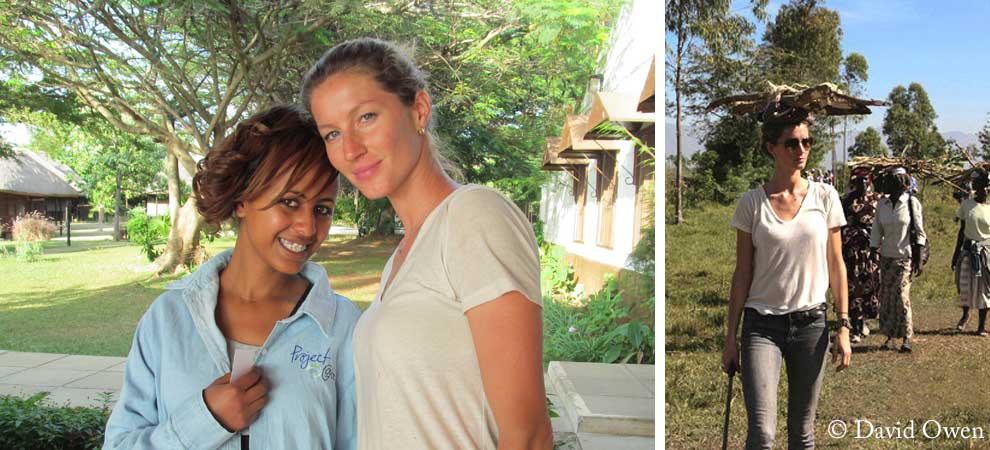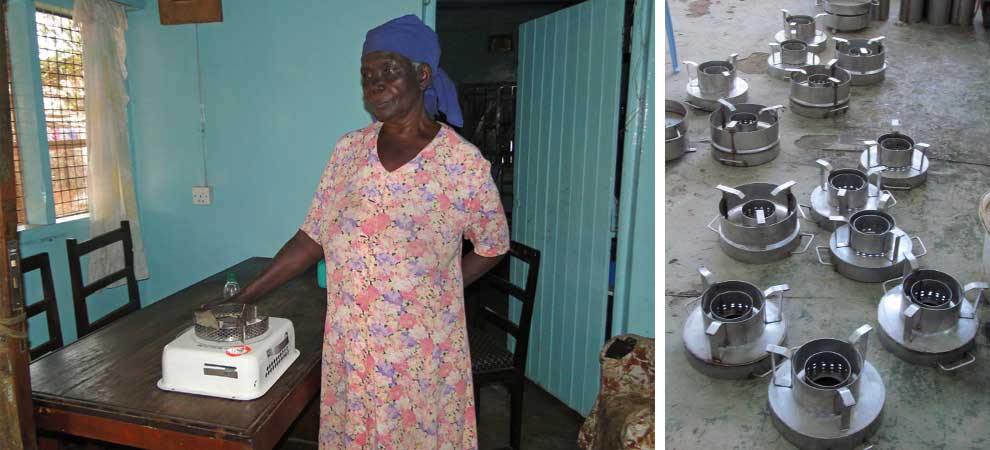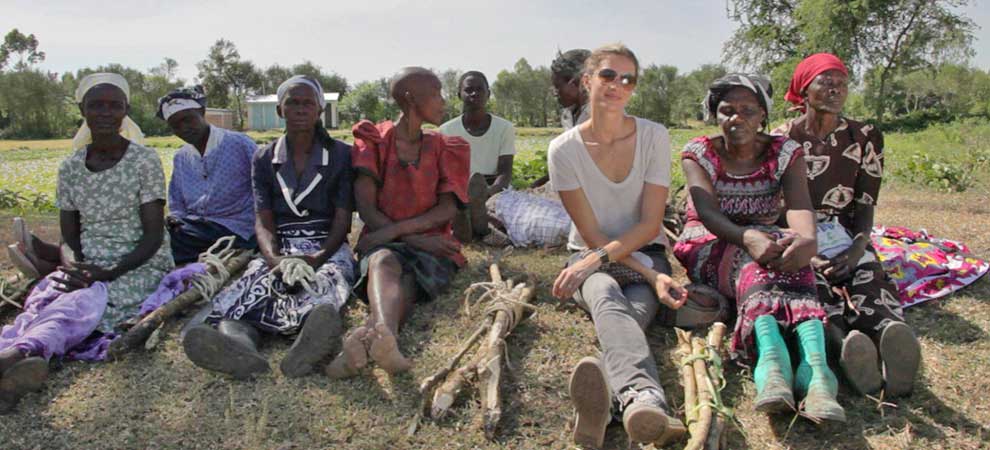New Life for Kenya’s Old Sugar Economy
Oil crises and low sugar prices during the 1970’s motivated the Kenyan government to invest in ethanol production from sugarcane and waste molasses. Today, Kenya’s ethanol industry is privately owned and operated, based in the Nyanza province in Western Kenya. Agriculture is the source of livelihood for 80% of Kenya’s population, many of whom are sugarcane farmers. Kenya has the potential to produce 56 million liters of fuel, enough to power 154,000 stoves each year.
The majority of rural Kenyans cook with wood or charcoal. However, increasing deforestation and new laws limiting charcoal production have led to a dwindling supply of wood and charcoal. Kerosene- regarded as the poor man’s fuel- is used primarily in urban areas.
Creating Local Jobs
In 2011, with funding from the UNDP, Project Gaia partnered with Practical Action to carry out an ethanol stove pilot project in Kisumu, Western Kenya. The stove was successfully tested and received. With the time saved by switching to the ethanol stove, mothers were finally able to cook breakfast for their children before they went to school in the morning.
Practical Action is in discussion with the private sector regarding supplying the growing market for ethanol-fueled cookstoves. Currently, local entrepreneurs market the fuel, allowing families in Kisumu to buy or lease the stove.
Energy Policy for the Future
The taxing of all ethanol as beverage alcohol is a barrier to the household cooking fuel market in Kenya. The study in Kisumu is providing sound local data and information to better inform the national energy policy agenda.
Fact: The average personal carbon footprint in the U.S. is 7.5 tons of CO2 per year. A CleanCook stove can save up to 17 tons of CO2 annually
About Kenya
- Population | 43 million
- Average daily income | $2.12 per day
- 63% burn solid fuels
- 43% use kerosene
- 5% have access to clean fuels
- 94% deforested
Our Work
- Ethanol Stove Study
- Policy
- Advocacy
- Supply Chain Mapping
- Corporate Social Responsibility
- Health Study





